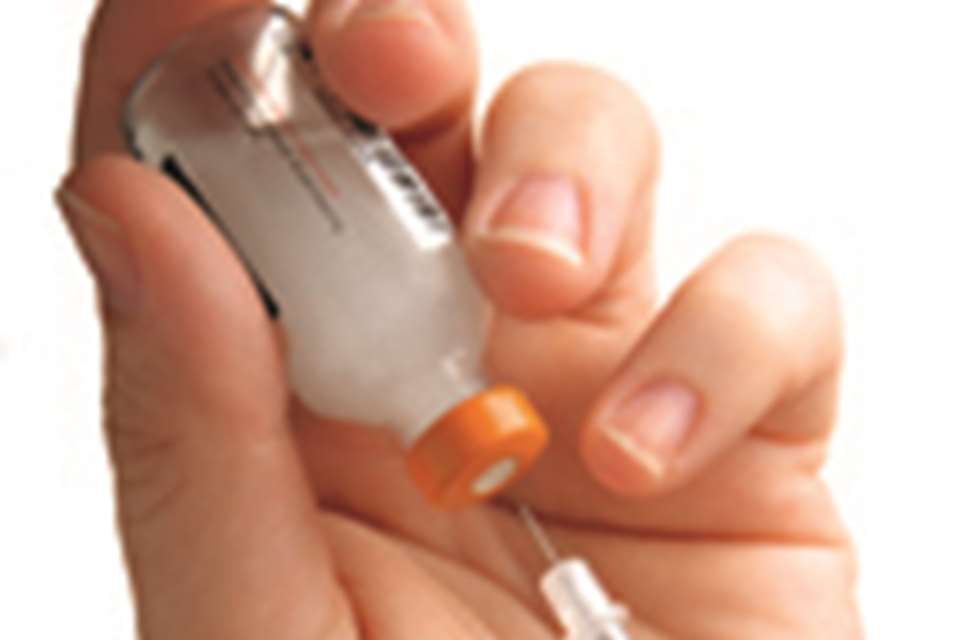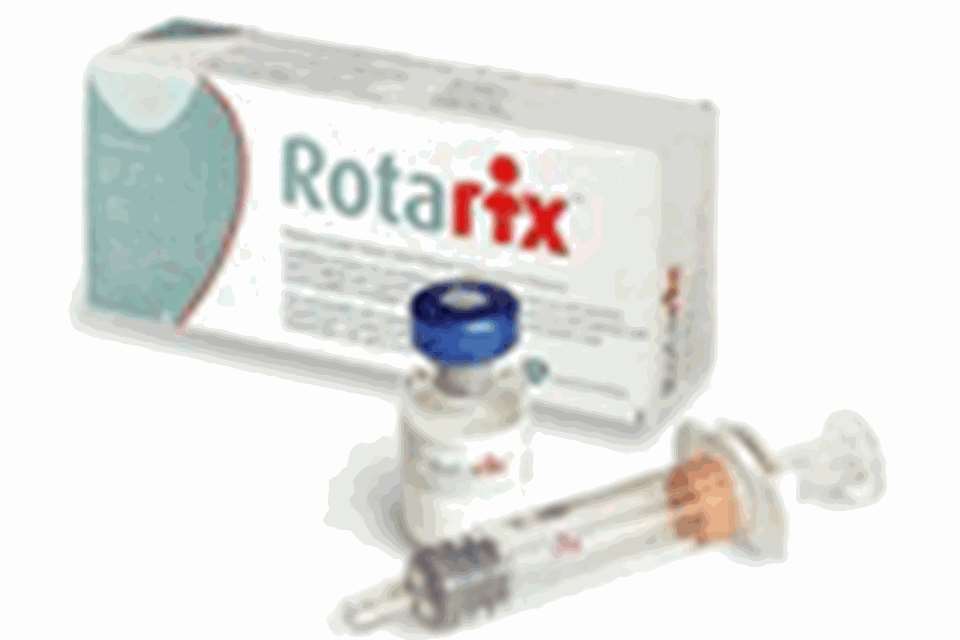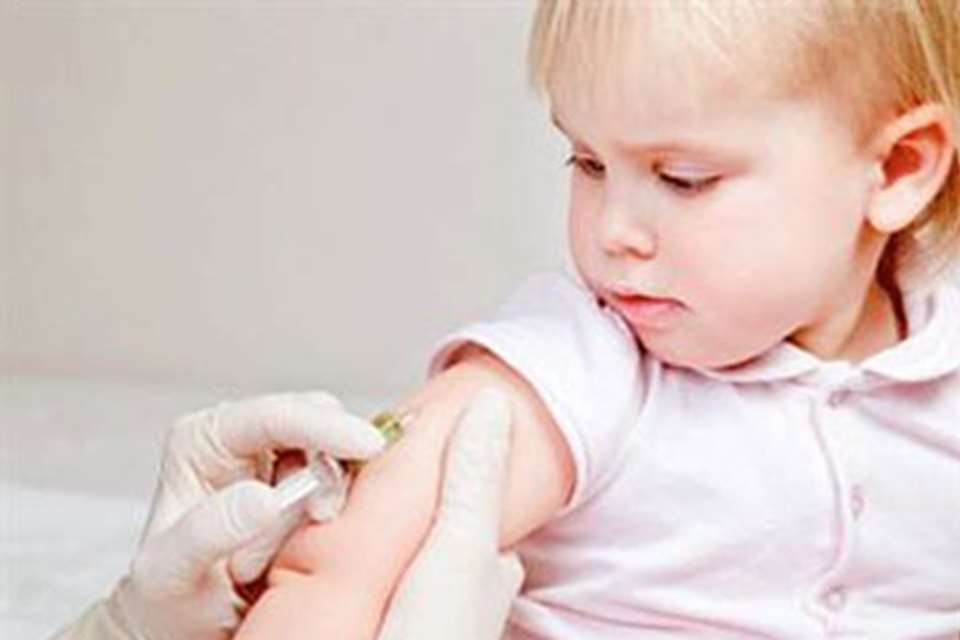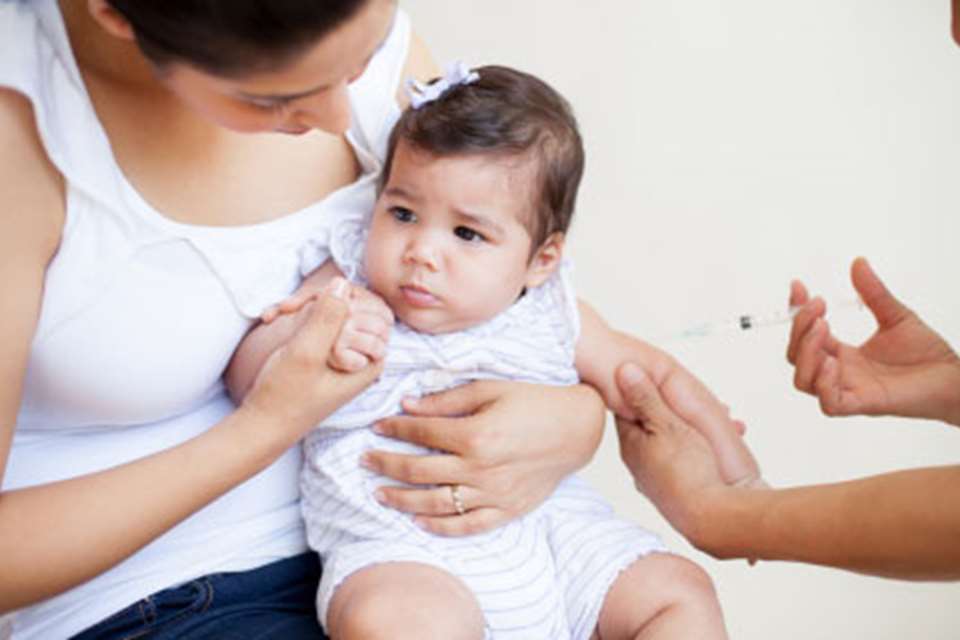Immunisation: On the safe side
Ruth Thomson
Monday, July 14, 2014
Health and childcare professionals are encouraged to play an active role in increasing the uptake of immunisations. Matthew Olley, an immunisation nurse specialist at Public Health England, explains what vaccinations are offered and how early years settings can help.
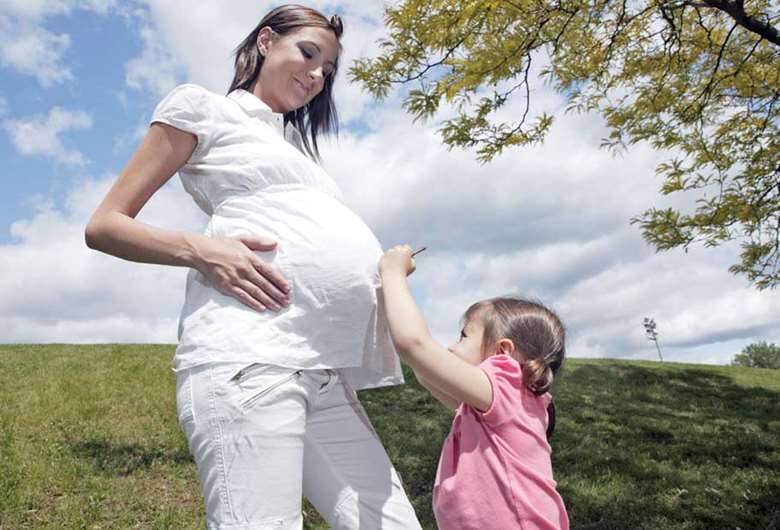
The World Health Organisation describes immunisations as being one of the most important interventions that have had the greatest impact on public health, protecting non-immune children from serious and potentially life-threatening infections1.
In the UK, increasing immunisation uptake among children remains an important priority in which all health and childcare professionals are encouraged to play an active role.
Why is immunisation important?
Immunisation is extremely important, as it offers an effective and reliable way of protecting non-immune children against a number of serious and potentially life-threatening diseases.
Children are particularly vulnerable to infections from the first weeks of life as antibodies passed from mother to child wane rapidly, leaving the child susceptible to common childhood infections. This is why all children in the UK are recommended to receive their routine immunisations from eight weeks of age, ensuring optimal protection at a time when children need it the most.
While immunisation offers clear benefits in protecting and promoting child health and well-being, it also plays a pivotal role in protecting the wider population.
Improving the uptake of routine immunisations in local populations ensures that more children are better protected as the bacteria or virus has less people to infect, thus reducing the risk of exposure and likelihood of new cases within that population. This is known as herd immunity.
Herd immunity is particularly important in protecting people who are unable to receive some immunisations due to medical conditions or treatments that impair their immune system. In herd immunity, the more children that are immunised, the better the protection for that child and for those who are unable to receive the vaccines due to ill health.
What immunisations are routinely offered to children under the age of 12 months?
Children under 12 months of age are routinely offered primary immunisations to ensure protection against eight different diseases including diphtheria, tetanus, whooping cough, polio, haemophilus influenzae type-B (Hib) (DTap/IPV/Hib), pneumococcal disease (PCV), meningococcal group C disease (MenC) and rotavirus.
Immunisations are generally administered in four weekly intervals, starting at eight weeks of age and completing at 16 weeks. As a result of improved immunisation uptake, these diseases are very rarely seen in immunised children of this age group, which has led to the significant decrease in the number of new cases of disease.
What immunisations are routinely offered to children aged 12 to 13 months of age?
Between 12 and 13 months of age, children should receive one primary and two booster immunisations. Booster immunisations are designed to build on the existing immunity developed from the primary course (eight to 16 weeks) and offer a means of developing protection for the long term.
Children of this age are recommended to receive Hib/MenC and PCV boosters. Additionally, children will also receive their first measles, mumps and rubella (MMR) immunisation at this age.
Measles is a highly infectious viral infection that can cause serious ill-health and can spread rapidly in childcare settings where children are not appropriately immunised.
In recent years, both England and Wales have seen significant increases in measles cases, which have led to a number of MMR catch-up and awareness programmes in children who may have previously missed their primary immunisations.
Unfortunately, MMR cannot be administered to children before 12 months of age because existing measles antibodies, which may have been passed from mother to child during pregnancy, can persist until this time and render the vaccine virus ineffective. Therefore, it is important for all children to be offered MMR at the earliest opportunity from 12 months of age to ensure adequate protection at a time when it is most needed.
What immunisations are routinely offered to children from two years of age?
In July 2012, the Joint Committee on Vaccination and Immunisation recommended an extended influenza (flu) immunisation programme for all healthy children aged from two to 16 years (approximately nine million children), annually.
This was the first time that healthy children were able to receive the vaccine, as previously only those at serious risk of illness (those less than six months old, those with underlying medical conditions such as respiratory, cardiac or immunosuppressive diseases, pregnant women and the elderly) were eligible.
The extension of the programme is expected to result in 11,000 fewer hospitalisations and 2,000 fewer influenza-related deaths each year. By immunising children, it is also anticipated that adults will benefit through herd immunity since children are the main reservoirs for the virus.
In England, during 2013/14, healthy children aged two and three were for the first time offered the seasonal influenza intranasal vaccine, Fluenz(r).
In 2014/15, this programme will be further extended to include healthy children aged two, three and four years of age3.
Additionally, children aged three years and four months should receive their first booster immunisation, offering additional protection against diphtheria, tetanus, whooping cough and polio (DTaP/IPV). For children under five years of age, this completes the routine immunisation schedule.
Other considerations: whooping cough temporary maternal vaccination programme
In 2012, a national outbreak of whooping cough infection was declared in the UK following a significant increase in cases since mid-2011. The outbreak was the largest seen in the UK for over a decade, resulting in 14 infant deaths4.
Infants aged less than three months are at highest risk of complications, hospitalisation and death and are too young to benefit from the infants immunisation programme.
In autumn 2012, the Department of Health recommended a temporary maternal pertussis vaccination programme as an outbreak control measure. This programme aimed to protect newborn infants by boosting whooping cough immunity in pregnant women, which would allow the mother to transfer antibodies across the placenta.
Vaccine uptake during pregnancy has been between 50 and 80 per cent and this has had a significant impact, reducing disease burden and deaths among young infants. Encouraging vaccine uptake among pregnant women remains a high priority for all as seasonal pertussis activity is expected to increase during the coming autumn-winter months.
How can early years practitioners help to protect children?
In 2009, the National Institute for Health and Care Excellence (NICE) recognised the importance of increasing immunisation uptake among children and in settings where immunisation uptake remains low. In the document entitled Reducing Differences in the Uptake of Immunisation5, NICE recognised the important role that nurseries, playgroups and other childcare settings can make by:
- checking children's immunisation status when joining nurseries, playgroups or schools and maintaining records of those immunised. This will also outline those children who are susceptible to infection when managing potential outbreaks in the nursery and childcare setting
- providing parents with tailored information, advice and support to ensure they know about the recommended routine childhood immunisations and the benefits and risks
- working in conjunction with the health visitor/school nursing teams to explain to parents why immunisation is important if children are not up to date with their immunisations
- becoming familiar with Public Health England's (formerly HPA) guidance on infection control in schools and other childcare settings and working closely with the local Health Protection Team (HPT) to report and prevent the spread of cases of infections in the nursery and childcare setting. Local HPTs may have policies and guidance to support nursery and childcare settings in this role.
Matthew Olley is an immunisation nurse specialist, Immunisation, Hepatitis and Blood Safety Department, Public Health England, www.gov.uk/government/organisations/public-health-england
REFERENCES
1. World Health Organisation (2008). 'Vaccinations greatly reduce disease', Bulletin of the World Health Organisation, www.who.int/bulletin/volumes/86/2/07-040089/en
2. Joint Committee on Vaccination and Immunisation (2012). JCVI statement on the annual influenza vaccination programme - extension of the programme to children, http://webarchive.nationalarchives.gov.uk/20130402145952/http:/ media.dh.gov.uk/network/261/files/2012/07/jcvi-statement-on-the-annual-influenza-vaccination-programme-25-july- 2012.pdf
3. Department of Health, Public Health England and NHS England (2014). Flu Plan: Winter 2014/15, www.gov.uk/government/uploads/system/uploads/attachment_data/file/ 306638/FluPlan2014_accessible.pdf
4. Department of Health (2012). Temporary programme of pertussis vaccination of pregnant women, CMO letter (2012), www.cas.dh.gov.uk/ViewandAcknowledgment/ ViewAttachment.aspx?Attachment_id=101497
5. National Institute for Health and Care Excellence (2009). Reducing Differences in the Uptake of Immunisations, www.nice.org.uk/guidance/ph21/chapter/Introduction
MORE INFORMATION
- Guidance on Infection Control in Schools and Other Childcare Settings, Public Health England (2010), www.hpa.org.uk/webc/HPAwebFile/HPAweb_C/1194947358374
- Immunisation leaflets and guidance for parents, Public Health England (2014), www.gov.uk/government/collections/ immunisation#immunisation-leaflets-and-guidance-for-parents
- Local PHE centres and health protection teams, Public Health England (2014), www.gov.uk/government/publications/phe-centre-addresses-and-phone-numbers/ phe-local-and-regional-contact-details
- NHS vaccination schedule: information for parents, NHS Choices (2014), www.nhs.uk/Conditions/vaccinations/Pages/vaccination-schedule-age-checklist.aspx
- Routine childhood immunisations, Public Health England (2014), www.gov.uk/government/collections/ immunisation#childhood-immunisation-schedules.
[asset_library_tag 491,Download the PDF]


